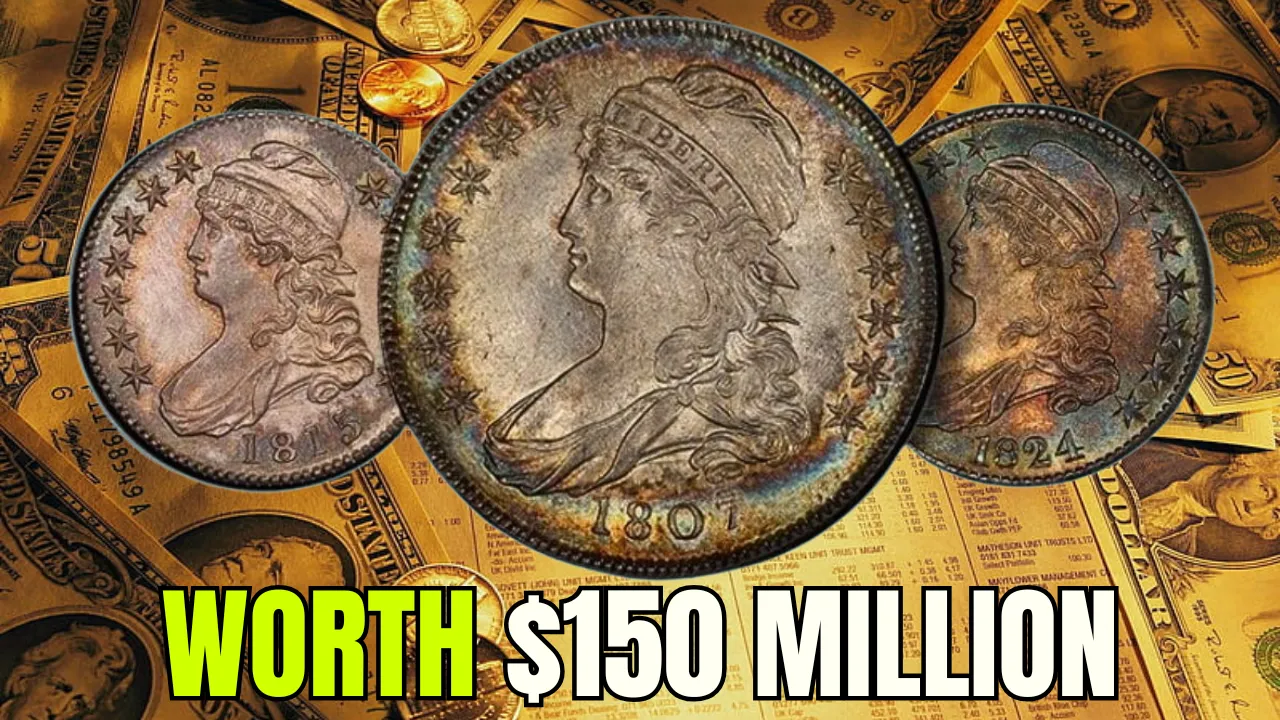Ross Ulbricht, the 39-year-old controversial figure behind the infamous Silk Road, remains a topic of fascination and debate. As the founder of the dark web marketplace, his actions have left an indelible mark on internet history. In 2025, Ulbricht’s net worth is estimated at approximately $1.2 million, stemming primarily from residual Bitcoin holdings connected to his activities. This article explores his rise, the creation of Silk Road, his arrest, and the legacy he has left behind.
What Is Ross Ulbricht’s Net Worth in 2025?
Ross Ulbricht’s net worth is estimated at $1.2 million in 2025. While much of his wealth was confiscated following his arrest, unaccounted Bitcoin holdings and speculative assets still contribute to his financial status. These funds, however, remain largely inaccessible due to his life imprisonment and ongoing legal battles.
Ulbricht’s case highlights the complexities of digital currency, particularly in cases where cryptocurrency is seized or remains encrypted.
How Did Ross Ulbricht Create the Silk Road?
In 2011, Ross Ulbricht launched Silk Road, a dark web marketplace accessible only through the Tor network. Ulbricht envisioned the platform as a free-market utopia where people could trade anonymously without government interference. His libertarian ideals were deeply rooted in his background, which included a degree in physics from the University of Texas and a master’s degree in materials science and engineering from Penn State.
Silk Road quickly became a hub for illicit trade, including drugs, counterfeit goods, and other illegal services. Transactions were conducted in Bitcoin, providing users with anonymity. Ulbricht operated the platform under the pseudonym “Dread Pirate Roberts,” a moniker inspired by the character from The Princess Bride.
How Did Ross Ulbricht Make Money from Silk Road?
Ross Ulbricht earned substantial income from Silk Road by charging a commission on transactions. The platform facilitated over $1.2 billion in sales during its operation, with Ulbricht collecting between 6% and 10% of each transaction in Bitcoin. At the time of his arrest, authorities estimated that Ulbricht had amassed approximately 144,000 Bitcoin.
However, much of this wealth was seized during the investigation, and its value has fluctuated dramatically due to the volatility of cryptocurrency markets. Despite these confiscations, some speculate that additional Bitcoin tied to Ulbricht remains inaccessible, contributing to his current net worth estimate.
What Led to Ross Ulbricht’s Arrest?
Ulbricht’s arrest on October 1, 2013, was the result of a multi-agency investigation involving the FBI, DEA, IRS, and Homeland Security. Authorities traced his activities through digital breadcrumbs, undercover transactions, and server seizures.
The breakthrough came when agents linked Ulbricht’s pseudonym, Dread Pirate Roberts, to his personal email and online activity. He was arrested in a San Francisco library while logged into the Silk Road admin panel.
What Happened During Ross Ulbricht’s Trial?
Ross Ulbricht’s trial, which began in January 2015, garnered widespread media attention. Prosecutors presented extensive evidence, including chat logs, digital records, and Bitcoin transactions, to establish Ulbricht’s role as the Silk Road creator.
Ulbricht’s defense team argued that he had been framed and that the real Dread Pirate Roberts was another individual. Despite these claims, the jury found him guilty on all counts, including conspiracy to commit money laundering, computer hacking, and drug trafficking. He was sentenced to life in prison without the possibility of parole.
The severity of the sentence sparked controversy, with many arguing that it was disproportionately harsh compared to others convicted of similar crimes.
What Is Ross Ulbricht’s Life Like in Prison?
Ross Ulbricht is currently serving his sentence at the United States Penitentiary in Tucson, Arizona, a high-security facility. Despite his circumstances, he has remained active in sharing his thoughts and experiences through letters, artwork, and writings published by supporters.
The “Free Ross” movement, led by his family and advocates, continues to campaign for clemency or a reduced sentence. They argue that his punishment is excessive and that his trial was marred by misconduct, including the involvement of corrupt federal agents who were later convicted of stealing Bitcoin during the investigation.
What Is the Debate Around Ross Ulbricht’s Sentence?
Ross Ulbricht’s case has become a symbol of broader debates around internet freedom, sentencing disparities, and government overreach. Critics argue that his life sentence without parole is overly punitive, especially when compared to lighter sentences for violent crimes or large-scale drug traffickers.
Supporters of Ulbricht highlight inconsistencies in the investigation and trial, including the actions of corrupt agents and questions about the integrity of the evidence. The case has fueled discussions about the ethical implications of the dark web and the role of government in regulating online spaces.
Does Ross Ulbricht Still Have Financial Assets?
While much of Ulbricht’s Bitcoin was seized and auctioned off by the U.S. government, it is believed that some of his holdings remain inaccessible due to encryption. These assets contribute to his speculative net worth, though they are unlikely to be utilized given his life imprisonment.
In 2020, the U.S. Department of Justice seized additional Bitcoin tied to Silk Road transactions, further complicating the narrative around Ulbricht’s remaining financial assets.
What Is Ross Ulbricht’s Legacy?
Ross Ulbricht’s legacy is complex and multifaceted. To some, he is a visionary who sought to challenge traditional systems and promote individual freedom through decentralized markets. To others, he is a criminal who facilitated illegal activities on a massive scale.
The Silk Road paved the way for modern debates about the dark web, cryptocurrency, and the ethics of online anonymity. It also highlighted the potential and risks of emerging technologies, influencing the development of blockchain regulations and cybersecurity practices.
What Lies Ahead for Ross Ulbricht in 2025?
As of 2025, the “Free Ross” movement continues to advocate for clemency, citing changing attitudes toward cryptocurrency and drug policy as potential factors for reevaluating his case. However, there have been no significant developments in securing his release.
Ross Ulbricht’s story remains a cautionary tale about the intersection of technology, freedom, and law enforcement. Whether seen as a martyr or a criminal, his impact on the digital age is undeniable.






